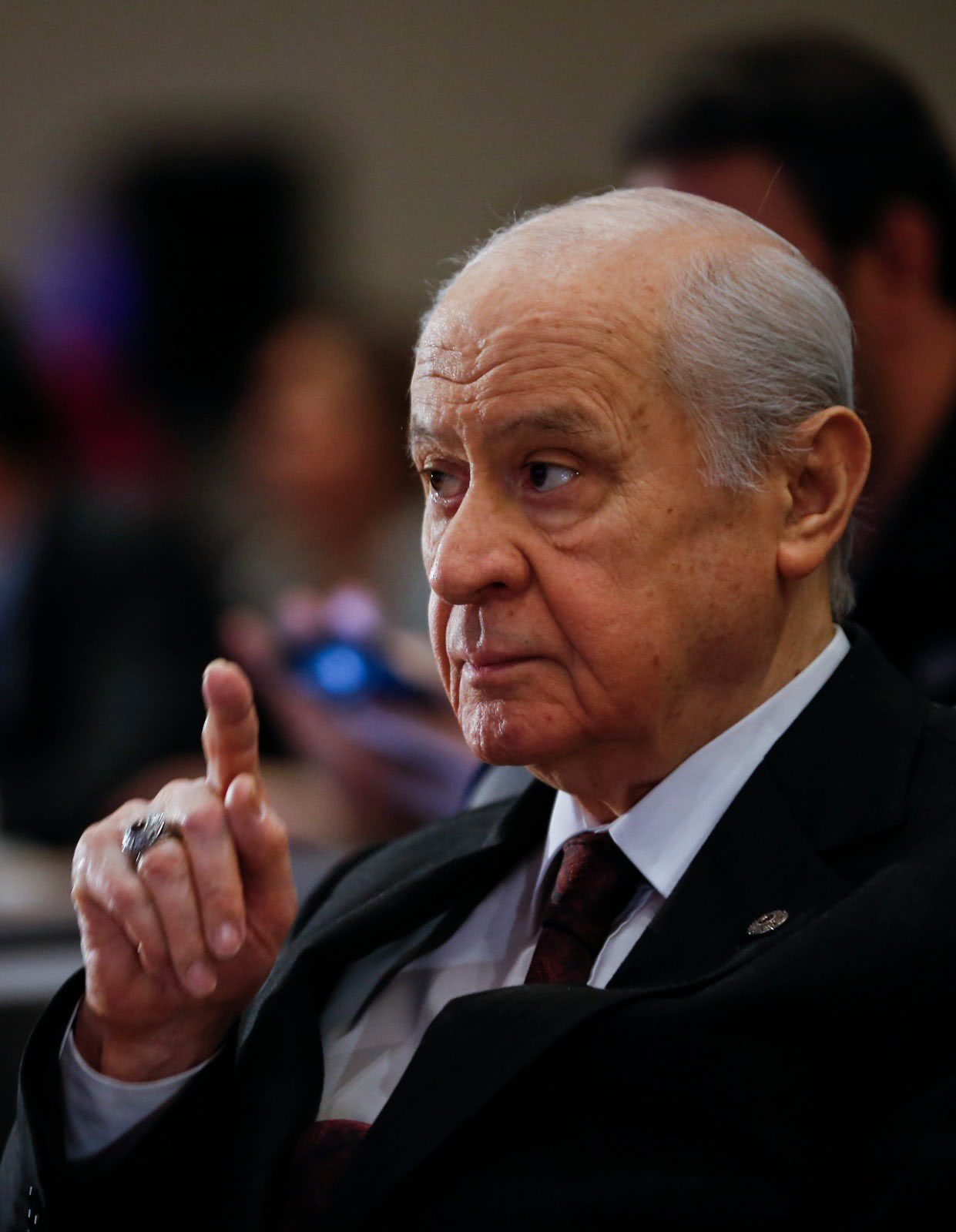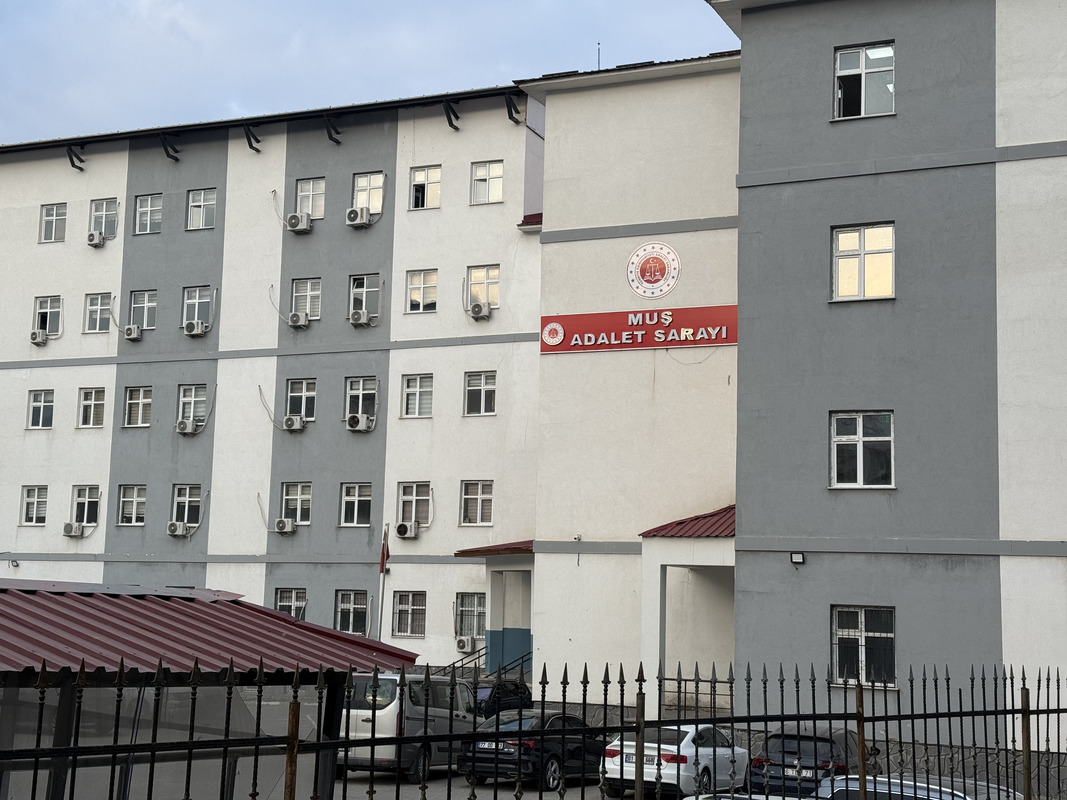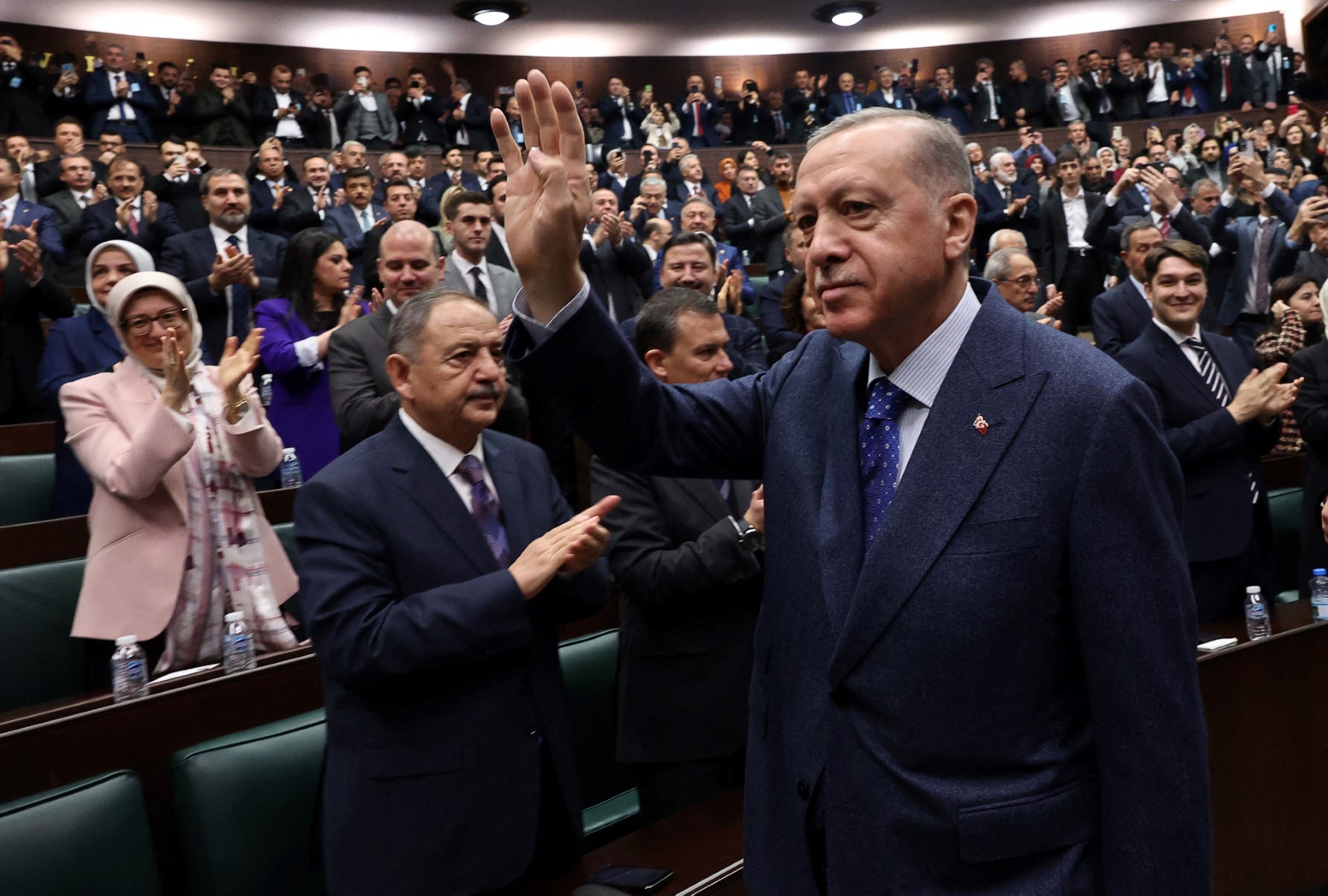Turkish Nationalist Leader Bahçeli: I am Ready to Sit Down With Öcalan
The peace process between Turkey and the Kurdistan Workers’ Party (PKK), which began in October last year, gained new momentum today with developments in parliament.
Devlet Bahçeli, the leader of the Nationalist Movement Party (MHP), who played a significant role in initiating and advancing the process, has made a new move: Speaking at his party’s weekly parliamentary group meeting, Bahçeli said that he himself is ready to visit the jailed Kurdish leader Abdullah Öcalan on Imrali Island, if the parliamentary commission – a 51-member commission in the Turkish Parliament formed in August 2025 to drive the peace process between Turkey and the PKK – fails to take the step.
“If no one is willing to make this visit, I am saying it openly: I would take three friends with me and not hesitate to go to Imrali by our own means. I will not shy away from sitting face to face [with Öcalan]”
Before making these remarks, Bahçeli asked MPs and party members at the parliamentary group meeting if they would allow him to travel to Imrali and sit at the same table with Öcalan. After receiving approval from the MPs, Bahçeli continued:
“The days-long debate over whether to go to Imrali should be over. If direct contact cannot be established with one of the main parties to the process, how will results be achieved, and how will progress be made? If no one is willing to make this visit, I am saying it openly: I would take three friends with me and not hesitate to go to Imrali by our own means. I will not shy away from sitting face to face [with Öcalan] at a table.”
Bahçeli’s statement is being interpreted as a method of opening the way for the AKP leadership, and to some extent the CHP, who remain hesitant about the meeting. As the leader of Turkey’s most nationalist party, Bahçeli’s open commitment to this meeting can accelerate developments.
Following Bahçeli’s speech, the parliamentary commission convened its 17th session, which had twice been postponed. In the session, Interior Minister Ali Yerlikaya, Defence Minister Yaşar Güler, and intelligence chief İbrahim Kalın briefed lawmakers in the commission’s closed session. A presentation by İbrahim Kalin is expected to assess the final stages of the process. At the time of writing, the AKP and CHP’s positions on the planned visit to Imrali Island are still unclear.
The commission’s executive committee is expected to convene a special final session on this matter by the end of this week to reach a decision.
However, despite these developments, it is reported that the Kurdish side’s request for a transition law that would allow PKK members to return and reintegrate in the country, and the government’s preparations for the legal regulations necessary, will only be finalized towards the end of the year.
The Latest Peace Talks
The ongoing peace talks aimed at ending Turkey’s 40-year conflict started in October 2024, as a result of negotiations between the jailed PKK leader Abdullah Ocalan, who has been held on Imrali Island since February 1999, and state officials.
Since then, the timeline of events has seen many developments. Öcalan’s February 2025 declaration to end the war and dissolve the PKK was a historical turning point in the process. After declaring a ceasefire in March, the Kurdish party announced the end of their armed struggle and dissolved the PKK’s organizational structure in May. Subsequently, in July, a group of guerrillas, led by Kurdistan Communities Union (KCK) Executive Council Co-Chair Besê Hozat, burned their weapons, taking the first concrete step. This was followed by more action by the Kurdish side.
On October 26, 2025, the Kurdish movement announced that guerrilla forces had withdrawn beyond Turkey’s borders. And on November 17, 2025, it was announced that “guerrilla forces posing a risk of conflict” had withdrawn from the “Zap area” along the border between Turkey and Iraq to other areas.
The 51-member commission in the Turkish Parliament, in which all but one of the 12 parties represented in parliament have participated, is likewise an important development. Within the framework of the commission’s work, which began in August, it has consulted with numerous individuals and organizations. The commission has held 17 sessions so far.
The Amargi
Amargi Columnist




